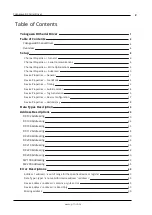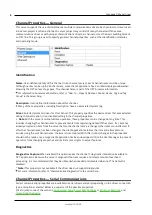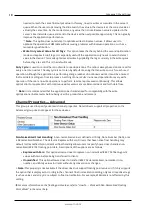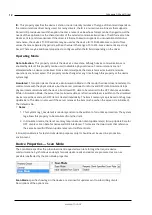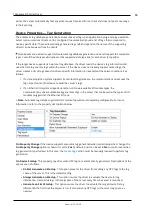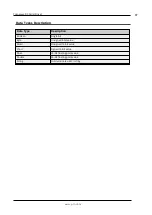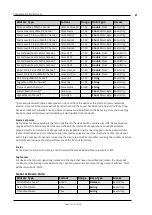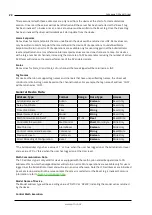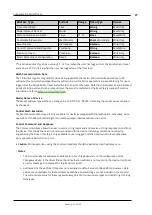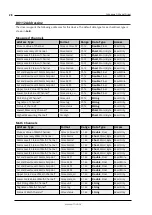
Yokogawa DX Serial Driver
Note
: When the option to automatically generate OPC tags is selected, any tags that are added to the
server's tag space must be saved with the project. Users can configure the project to automatically save
from the
Tools
|
Options
menu.
On Duplicate Tag
: When automatic tag database generation is enabled, the server needs to know what to
do with the tags that it may have previously added or with tags that have been added or modified after the
communications driver since their original creation. This setting controls how the server handles OPC tags
that were automatically generated and currently exist in the project. It also prevents automatically
generated tags from accumulating in the server.
For example, if a user changes the I/O modules in the rack with the server configured to
Always Generate
on Startup
, new tags would be added to the server every time the communications driver detected a new
I/O module. If the old tags were not removed, many unused tags could accumulate in the server's tag space.
The options are:
l
Delete on Create
: This option deletes any tags that were previously added to the tag space before
any new tags are added. This is the default setting.
l
Overwrite as Necessary
: This option instructs the server to only remove the tags that the
communications driver is replacing with new tags. Any tags that are not being overwritten remain in
the server's tag space.
l
Do not Overwrite
: This option prevents the server from removing any tags that were previously
generated or already existed in the server. The communications driver can only add tags that are
completely new.
l
Do not Overwrite, Log Error
: This option has the same effect as the prior option, and also posts an
error message to the server's Event Log when a tag overwrite would have occurred.
Note:
Removing OPC tags affects tags that have been automatically generated by the
communications driver as well as any tags that have been added using names that match generated
tags. Users should avoid adding tags to the server using names that may match tags that are
automatically generated by the driver.
Parent Group
: This property keeps automatically generated tags from mixing with tags that have been
entered manually by specifying a group to be used for automatically generated tags. The name of the group
can be up to 256 characters. This parent group provides a root branch to which all automatically generated
tags are added.
Allow Automatically Generated Subgroups
: This property controls whether the server automatically
creates subgroups for the automatically generated tags. This is the default setting. If disabled, the server
generates the device's tags in a flat list without any grouping. In the server project, the resulting tags are
named with the address value. For example, the tag names are not retained during the generation process.
Note
: If, as the server is generating tags, a tag is assigned the same name as an existing tag, the system
automatically increments to the next highest number so that the tag name is not duplicated. For example, if
the generation process creates a tag named "AI22" that already exists, it creates the tag as "AI23" instead.
Create
: Initiates the creation of automatically generated OPC tags. If the device's configuration has been
modified,
Create tags
forces the driver to reevaluate the device for possible tag changes. Its ability to be
accessed from the System tags allows a client application to initiate tag database creation.
Note
:
Create tags
is disabled if the Configuration edits a project offline.
www. ptc.com
16

